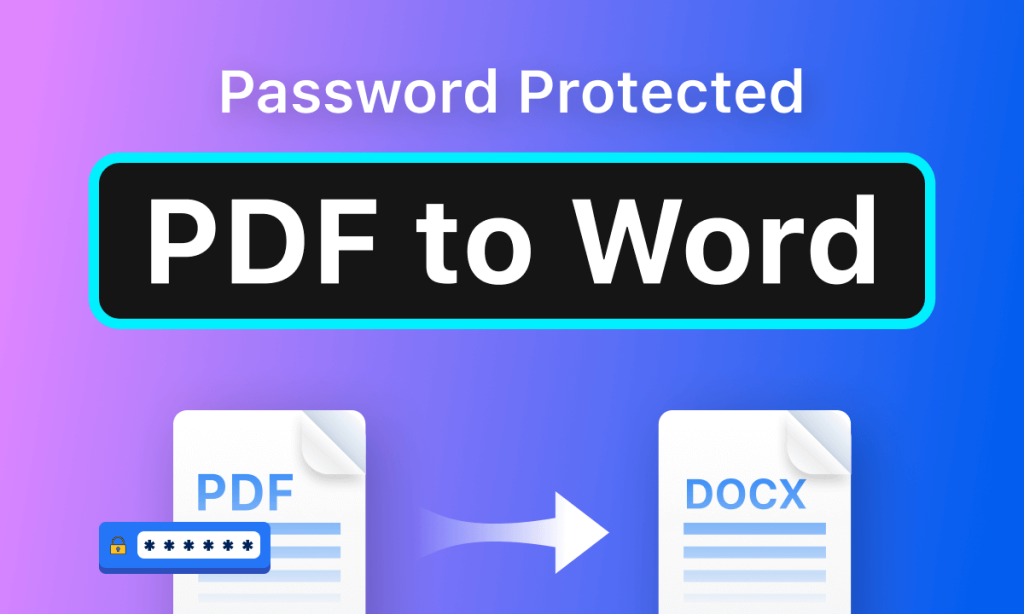You might often need to convert PDF to Word for various reasons. While this process seems straightforward, privacy concerns arise, especially when handling sensitive information. This article delves into these privacy issues and offers practical solutions to ensure your data remains secure throughout the conversion process. The prevalence of online document conversion tools like PDF to Word converter has made it easier than ever to transform PDFs into editable Word files, but it also opens up new vulnerabilities.
Understanding Conversion Privacy Risks
Converting documents from PDF to Word involves not just a format change but also potential privacy risks. Sensitive data in your documents, like personal details or confidential information, could be exposed if the conversion process isn’t secure. Understanding these risks is the first step toward safeguarding your data.
The conversion process often requires uploading files to remote servers, where the service providers can access them. These documents could be susceptible to data breaches or unauthorised access without proper security measures.
Choosing Secure Conversion Tools
A critical step in ensuring privacy is selecting the right tools. Not all online pdf to word converter services prioritise security. You should look for tools that offer encryption, secure connections, and transparent privacy policies. These features help protect your data during and after the conversion process.
Look for SSL encryption services, which secure the data transmitted between your device and its servers. Also, opt for conversion tools that don’t require unnecessary permissions or access to your device, which can further mitigate risks.
Data Handling by Conversion Services
It’s essential to understand how conversion services handle your data. Do they store your documents? If so, for how long? A trustworthy pdf to word converter online free service should be transparent about their data handling practices, ensuring that your documents are not misused or vulnerable to unauthorised access.
You should also check if these services have policies in place for the automatic deletion of your data after conversion. Furthermore, inquire whether they share data with third parties and under what conditions.
Local Conversion vs Online Services
Another aspect to consider is choosing between local and online pdf to word converter tools. Local converters run on your device, reducing the risk of data breaches associated with internet transfer. However, online services offer convenience and additional features. Balancing these factors is critical to making an informed decision.
Local converters, while safer in terms of data transmission, may only sometimes have the latest features or support various file formats. On the other hand, a free pdf to Word converter is updated regularly and can handle a wide range of file types but requires a careful approach to data security.
Maintaining Document Confidentiality
Finally, maintaining the confidentiality of your documents during and after conversion is crucial. This involves secure storage of the converted files and ensuring that any remnants of the file are deleted from the conversion service. These practices are vital in preventing data leakage. Avoid storing sensitive documents in cloud storage if the security of these platforms is uncertain.
Also, ensure that the conversion service doesn’t retain a copy of your file after conversion. For the utmost security, consider converting files that do not contain highly sensitive information online and reserve local tools for more confidential documents.
Conclusion
When you convert pdf to word, prioritising your privacy is essential. You can ensure a safe conversion process by understanding the risks, choosing secure tools, being aware of how your data is handled, and maintaining document confidentiality. Remember, your data’s security is as important as the conversion’s convenience and efficiency. In this digital environment, where data breaches are increasingly common, taking proactive steps to protect your privacy isn’t just a recommendation—it’s a necessity.
